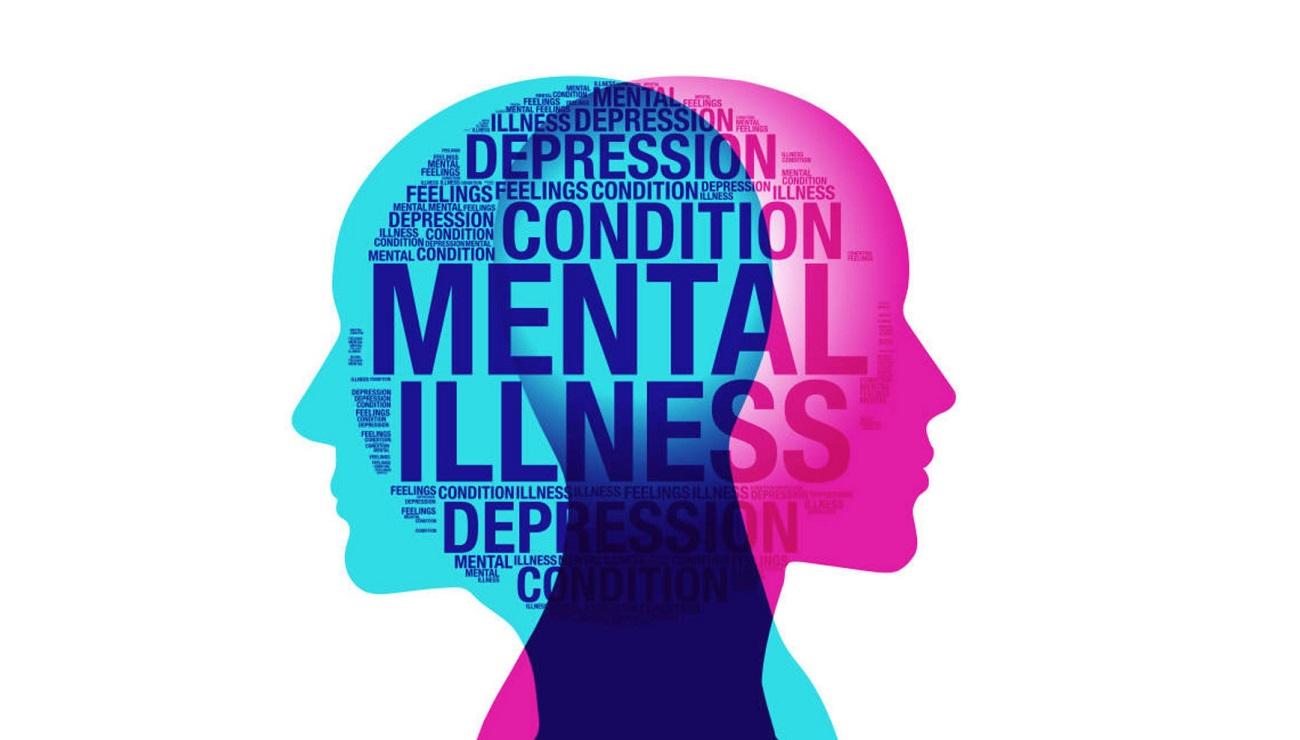Exploring Mental Health Resources for Teens, Young Adults, and Diverse Populations
Mental health concerns can affect anyone, regardless of age or background. This guide explores some of the challenges faced by specific populations and highlights resources available for support.
1. Teens and Social Media: Can Online Therapy Platforms Help with Social Anxiety and Isolation?
Social media use can contribute to social anxiety and isolation in teens. Here's how online therapy can help:
- Accessibility: Online platforms offer convenient access to therapy, overcoming logistical challenges some teens face.
- Teen-friendly approach: Some platforms cater specifically to teens, with therapists trained in adolescent mental health.
- Addressing social media impact: Therapists can help teens understand and manage anxieties related to social media use.
Leading Companies Offering Online Therapy:
- Talkspace: Offers individual and family therapy options for teens, with therapists specializing in adolescent mental health.
- BetterHelp: Provides affordable online therapy with a network of licensed professionals, many with experience treating teenagers.
- Teen Line Online: While not therapy, this service offers confidential online chat support specifically for teens struggling with various issues.
2. Work-Life Balance and Career Burnout in Young Adults: Finding Affordable Mental Health Resources
Young adults often struggle with work-life balance, leading to burnout. Here are resources for support:
- Employee Assistance Programs (EAPs): Many employers offer free or low-cost EAPs providing counseling and support services.
- Community mental health clinics: These clinics may offer sliding-scale fees based on income, making therapy more affordable.
- Online support groups: Platforms like Reddit or Facebook groups offer a sense of community and peer support for young adults dealing with similar challenges.
3. Mindfulness Meditation Apps: Can They Help Manage Adult ADHD Symptoms Like Inattention and Impulsivity?
Mindfulness meditation Apps have gained traction for managing ADHD symptoms. Here's how:
- Improved focus: Meditation practices can strengthen the ability to focus and be present in the moment.
- Reduced impulsivity: Mindfulness training can help manage impulsive behaviors by promoting awareness and self-control.
- Stress management: Meditation helps with stress management, which can exacerbate ADHD symptoms.
Leading Mindfulness Meditation Apps:
- Headspace: Offers guided meditation sessions focusing on various themes, including stress reduction and focus improvement.
- Calm: Provides guided meditations and mindfulness exercises, along with sleep stories designed to promote relaxation.
- Insight Timer: This app offers a free library of meditation sessions with varying lengths and themes, suitable for beginners and experienced users.
4. Mental Health Support Groups for People of Color Experiencing Racial Discrimination and Microaggressions
Racial discrimination and microaggressions can significantly impact mental health. Here are resources for support:
- Culturally-competent therapists: Finding a therapist who understands the unique challenges faced by people of color can be highly beneficial.
- Online support groups: Several online platforms offer safe spaces for people of color to connect and share experiences.
- National Alliance on Mental Illness (NAMI): NAMI offers resources and support groups specifically for people of color who are struggling with mental health issues.
Leading Healthcare Providers for Mental Health:
- Acadia Healthcare: Operates a network of treatment centers offering specialized programs for diverse populations, including people of color.
- The MENTOR Network: Provides culturally competent mental health services for LGBTQ+ youth and young adults of color.
- Universal Health Services, Inc.: Offers comprehensive mental health services within hospitals and outpatient clinics, catering to diverse needs.
For more information visit at MarketResearchFuture
Other Trending Reports

